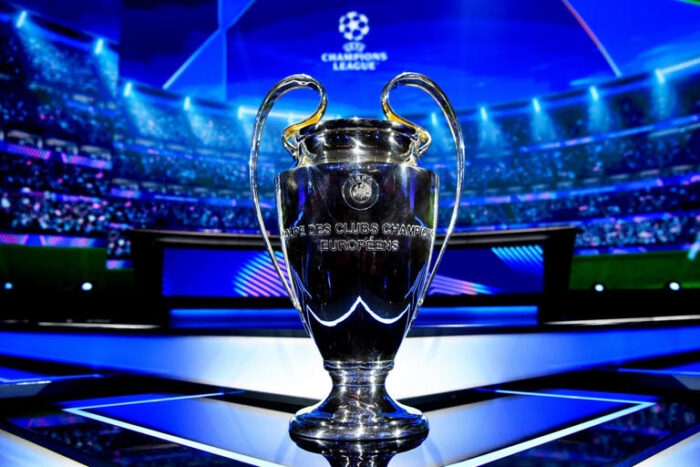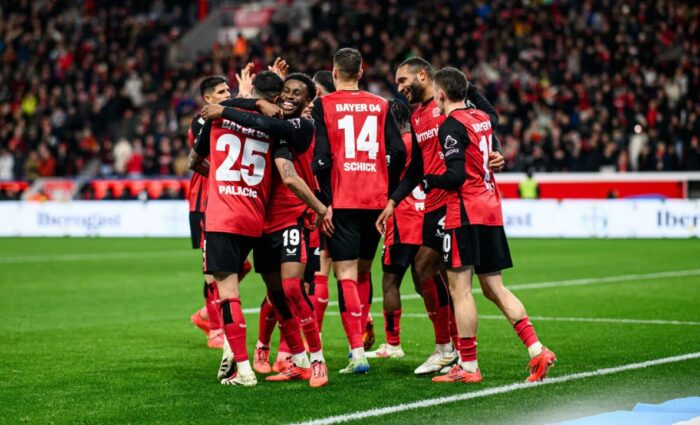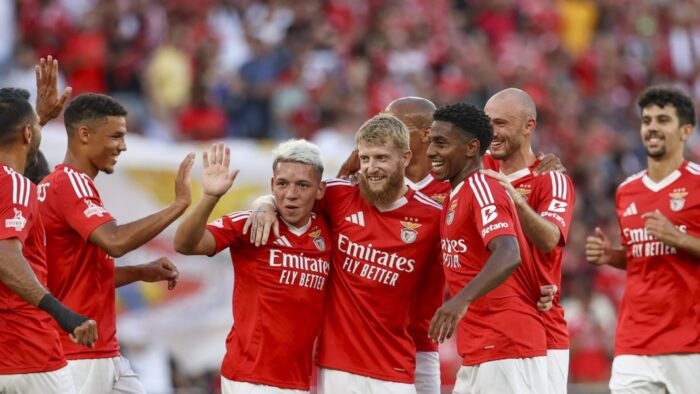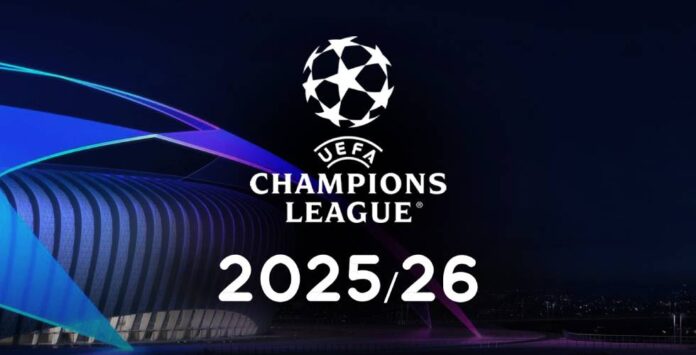Every Champions League season has its giants: Real Madrid, Bayern, Manchester City, and the usual favorites who headline the predictions. But what makes this tournament fascinating is the unpredictability. Smaller clubs with tactical discipline, fearless managers, and rising stars often shake up the balance.
The 2025/26 edition is shaping up to be no different, and several underdogs are already positioning themselves to surprise the continent.
I’ve been tracking stats, form, and player performance trends closely, and the data points toward a handful of clubs who could disrupt the bracket. These aren’t fairytale long shots – they have the quality and momentum to beat top teams on the biggest stage.
Why Underdogs Shape Every Champions League Season
What makes this tournament unique is that money doesn’t always guarantee survival. Knockout football thrives on margins: a penalty, a deflection, a late substitution that changes the rhythm of the game.
Ajax’s run to the semi-finals in 2019 was built on sharp counterattacks and brave pressing, not lavish spending. Villarreal’s 2022 surge past Juventus and Bayern was another reminder that tactical clarity and discipline can outshine expensive squads.
The numbers back this up. When you look at data across the last ten seasons, clubs with fewer than 50% possession but higher “xG per shot” (expected goals created per attempt) often advance further than expected. In plain terms, they don’t create many chances, but the ones they do carve out are golden. That efficiency is lethal against possession-heavy teams who struggle to break low blocks.
This is the exact profile several clubs in the 2025/26 competition fit, which is why it’s time to highlight them now before the knockout rounds reshape perceptions.

Teams Building a Case as Dark Horses
When we talk about underdogs in this year’s Champions League, it’s not about teams sneaking in by luck. Each of them has a clear blueprint that could trouble Europe’s biggest names, and if past seasons have taught us anything, one or two of these sides will force their way deep into the tournament.
Sporting CP
Sporting have built one of Europe’s most cohesive squads without overspending. Amorim has drilled them into a high-pressing machine, but what stands out in the data is how efficient their transitions are.
Their striker averaged 0.6 goals per 90 minutes last season, and their wingers are consistently among the top in Europe for progressive carries. They might not dominate possession against heavyweights, but they have the speed and discipline to punish mistakes.
Bayer Leverkusen

Erik ten Hag’s Leverkusen aren’t really “unknowns” anymore after their Bundesliga title, but in Europe they’re still seen as outsiders. What makes them dangerous is balance. They rank top-five in Europe for progressive passes completed and are among the best in shot conversion rate.
That means they can hurt teams both in open play and on the counter. Alonso has also shown tactical flexibility, switching between back-three and back-four systems depending on the opponent. This adaptability makes them a nightmare to prepare against in knockout ties.
Napoli
Napoli’s domestic form dipped after their title-winning year, but in Europe they remain a serious threat. They still possess one of the most clinical forwards on the continent and a midfield core that thrives on vertical passing. Interestingly, more than 30% of their Champions League goals in the past two campaigns have come after the 75th minute.
That resilience is no fluke – it speaks to their conditioning and ability to sustain pressure late in games. If they avoid defensive lapses, they can go deep again.
Benfica

Benfica’s model is simple: develop academy stars and blend them with South American imports. The result is a young, hungry squad that defends with intelligence.
Their backline has one of the lowest expected goals against (xGA) numbers in Europe’s top leagues, which shows they’re not just flashy attackers.
With Antonio Silva marshalling the defense and a midfield that recycles possession well, Benfica can frustrate opponents and capitalize on mistakes.
Betting Angles and Underdog Value
For fans and punters alike, underdogs always carry intrigue. The group stage is where value often hides, because odds tend to favor traditional clubs heavily until results shift the narrative. For instance, Benfica qualifying top of their group in recent seasons was priced higher than expected, rewarding those who saw the signals early.
Markets also react quickly to form streaks, which is why places like the Mostbet official website can be useful for tracking odds movements in real time. A three-game winning streak from a club like Sporting or Leverkusen can slash their outright odds by half. Savvy bettors don’t just look at outright winners – they explore “to qualify” bets, over/under team goals, or first-scorer markets, where underdogs often carry surprising value.
Players Who Could Become Household Names
Dark horse runs are powered by breakout talent. This year, a few names stand out:
- Gonçalo Inácio (Sporting) ─ Not only reliable defensively, but his passing accuracy above 90% makes him key in breaking pressure.
- Florian Wirtz (Leverkusen) ─ Already Germany’s next big star, but this season could cement his global reputation.
- Antonio Silva (Benfica) ─ At just 21, his reading of the game is far beyond his years, and he’s already captaining the backline.
- Khvicha Kvaratskhelia (Napoli) ─ The Georgian winger can turn a tight match with one dribble or shot. His flair is box office.
If history tells us anything, these players could be the ones whose names dominate headlines by April.
What History Tells Us About Surprise Runs

Since 2000, at least one underdog has reached the Champions League quarter-finals in more than half of the seasons. That’s not coincidence – it’s pattern. Clubs like Monaco, Roma, Ajax, Lyon, and Villarreal all proved that tactical clarity plus a fearless mentality can break through.
Statistically, knockout ties also level the playing field. Over two legs, variance increases: one away goal, one saved penalty, or one red card can flip everything. Bigger squads may dominate group stages, but once you reach the last 16, psychology and tactics matter just as much as budgets.
This is why writing off teams like Benfica or Sporting before the knockouts is a mistake. History shows underdogs don’t just add color – they actively reshape who lifts the trophy.
Final Thoughts on This Season’s Dark Horses
The 2025/26 Champions League has all the ingredients for another dramatic run from the outside looking in. Sporting, Benfica, Leverkusen, and Napoli are all primed with youth, tactical discipline, and rising stars. I’d be surprised if at least one doesn’t make the semi-finals.
For me, as a fan, this is the beauty of the competition: watching the giants sweat against clubs that aren’t supposed to be there. It’s proof that tactics, belief, and timing can overcome wage bills and marketing machines. If you’re following the stats and trends, the signs are already pointing toward another unforgettable underdog story this season.

